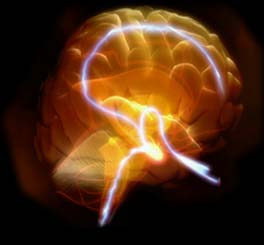 |
|
The Brain (Image: pbs.org) |
Many people believe that a larger human brain equates to higher intelligence. But is this perspective accurate? This belief has prompted scientists to conduct extensive research. Their findings demonstrate that brain weight does not correlate directly with intelligence.
From real-life observations, we can illustrate that individuals with larger brains are not necessarily smarter, and those with smaller brains are not inherently foolish. The development of intelligence is parallel to the growth of the human brain.
The better the brain develops, the greater the intelligence it can support. The brain serves as the foundational physical substrate for human intelligence. An average adult brain weighs about 1,400 grams, while a newborn’s brain weighs around 390 grams. By age 7, a child’s brain can weigh up to 1,280 grams. This period is recognized as the stage of the fastest brain development. The folds in the brain increase rapidly and deepen during this time. A larger brain can accommodate more neural connections, which in turn enhances a person’s intelligence as the brain matures. By the age of 25, the brain reaches full maturity, coinciding with peak human intelligence.
In a typical state, a person may not demonstrate intelligence due to the development of the cerebral cortex, where environmental factors play a significant role. If individuals are educated using effective methods, their brains can be utilized more appropriately, leading to increased intelligence.


















































